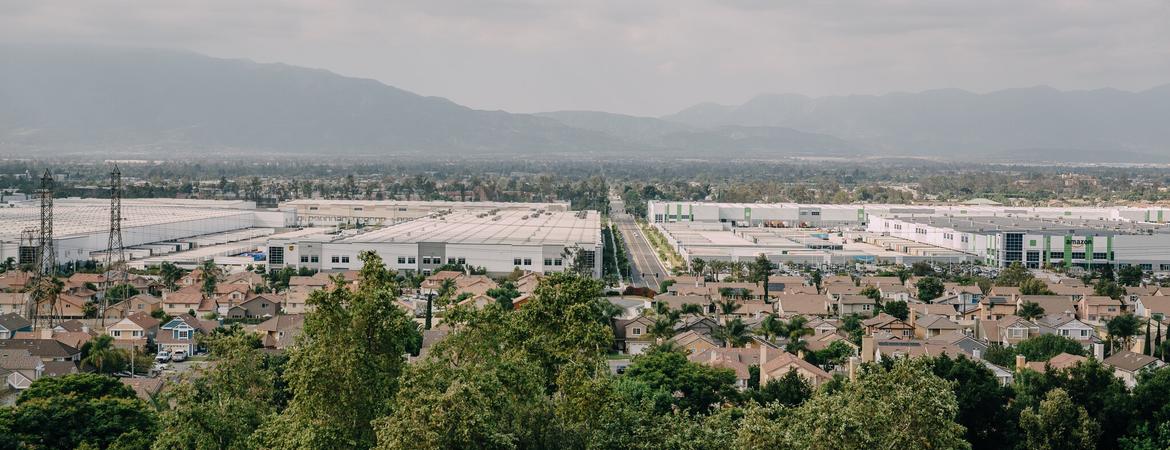Center for Social Innovation

The logistics industry has transformed the Inland Empire. Its next destination? The Central Valley.
Across the Inland Empire, inexpensive single-family homes on large lots represented a California dream for lower-income, often immigrant families who had lived in cramped apartments in Los Angeles or other big cities.
But over the past decade or so, the region has been transformed by the development of enormous warehouses, where companies like Walmart and Amazon sort, package and ship off goods bound for consumers across Southern California and beyond.
The warehouses could be built within a relatively short drive of the ports of Los Angeles and Long Beach, as well as the millions of consumers in L.A., Orange County and San Diego.
Now, some observers and community organizers have told me they’re bracing for that wave of change to reach a different part of the state: the Central Valley.
“I think what you’re seeing in the Central Valley now is to some extent what our region saw 12 or 13 years ago,” Karthick Ramakrishnan, a professor of public policy at the University of California, Riverside, told me.
The Inland Empire was the most feasible place to serve the large consumer market that is Los Angeles without building the enormous warehouses on expensive real estate close to the coast. Similarly, places like Fresno are within a relatively short drive of the wealthy and expensive Bay Area.
But for residents and community organizers, the warehouses are harbingers of the same problems they say have followed them in the Inland Empire: Pollution and traffic that disproportionately hurt poor communities of color, promises of economic mobility without follow-through and thousands of physically demanding jobs that are at risk of being automated, even if they come with benefits.
And the pandemic has made it more difficult to push back against plans to allow that kind of development in neighborhoods that are already vulnerable.
Local leaders say they see the Inland Empire as a kind of example and cautionary tale.
But logistics seemed like a salve for a city struggling with widespread poverty and a dearth of jobs that paid more than minimum wage